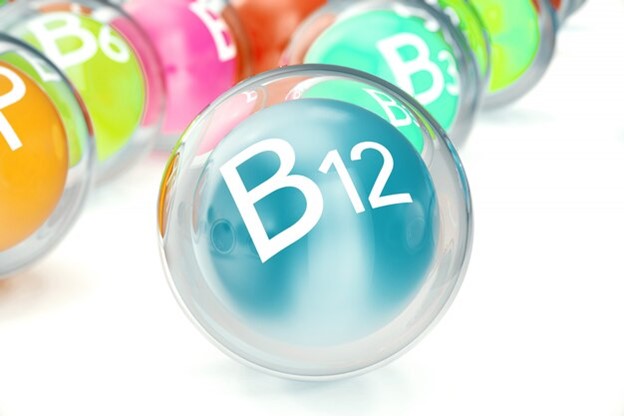
Vitamin B12 and Cellular Fragility - How to Fortify Your Cells and Potentially Reverse Metabolic Disease
Cellular Fragility
Cellular fragility is a condition where cells are more susceptible to damage and dysfunction. It is usually caused by oxidative stress, chronic inflammation, or nutrient deficiencies, which can also drive the pathogenesis of metabolic diseases. For example, fragile cells in the pancreas can impair insulin production and cause type 2 diabetes.
Therefore, addressing cellular fragility can help manage or potentially reverse metabolic conditions. One way to do this is by taking vitamin B12 supplements. Let’s take a quick look at how it solidifies your cells.
Role of Vitamin B12 in Strengthening Cells
1. DNA Synthesis and Repair
Vitamin B12 is essential for DNA synthesis and repair as it is a cofactor in the production of nucleotides, which are the building blocks of DNA. Without sufficient Vitamin B12, cells cannot effectively replicate or repair their DNA. This leads to an increased risk of genetic mutations and cellular damage. Proper DNA repair helps maintain cellular stability and reduces cellular fragility.
2. Methylation Processes
This nutritious element supports methylation, a critical biochemical process. Methylation involves transferring methyl groups to DNA and other molecules. This process regulates gene expression and supports the function of many cellular systems.
Adequate methylation helps maintain cellular function and integrity. Disruption in methylation due to Vitamin B12 deficiency causes cellular instability and increased susceptibility to damage.
3. Reduction of Homocysteine Levels
Vitamin B12 helps lower homocysteine levels in the blood. Homocysteine is an amino acid that, at elevated levels, can cause oxidative stress and damage to cells.
High homocysteine levels are linked to various health issues, including cardiovascular disease. Vitamin B12 reduces oxidative stress and protects cells from damage by converting homocysteine into methionine.
4. Supporting Cellular Membrane Integrity
Vitamin B12 also strengthens the cellular membranes. Cellular membranes protect cells and regulate what enters and exits them. Vitamin B12 helps ensure that these membranes remain intact and functional. Damage to cellular membranes increases cellular fragility, making cells more susceptible to stress and damage.
5. Reduction of Oxidative Stress
Vitamin B12 helps combat oxidative stress, which is damage caused by free radicals. Free radicals can damage cells and make you fatigued. Vitamin B12 helps protect cells from oxidative damage by supporting antioxidant defense systems. Lower oxidative stress makes stronger, more resilient cells.
6. Prevention of Neurological Damage
Neuropathy refers to damage or dysfunction of the peripheral nerves. Vitamin B12 deficiency can cause peripheral neuropathy and build symptoms like tingling, burning, and pain in the extremities. Moreover,
Vitamin B12 helps synthesize neurotransmitters, which are chemicals that transmit signals between nerve cells. Proper neurotransmitter function is vital for cognitive processes, mood regulation, and brain health.
Wrap Up
Vitamin B12 keeps your cells healthy and resilient to reverse metabolic diseases. It helps with DNA repair, supports important biochemical processes, lowers harmful homocysteine levels, and protects against oxidative stress. Plus, it prevents nerve damage and supports brain health.
To strengthen your cells and make yourself healthy, try adding Vitamin B12 to your routine. Check out Action Potential Supplements for affordable, vegan Vitamin B12 options and take a step toward better health today!
